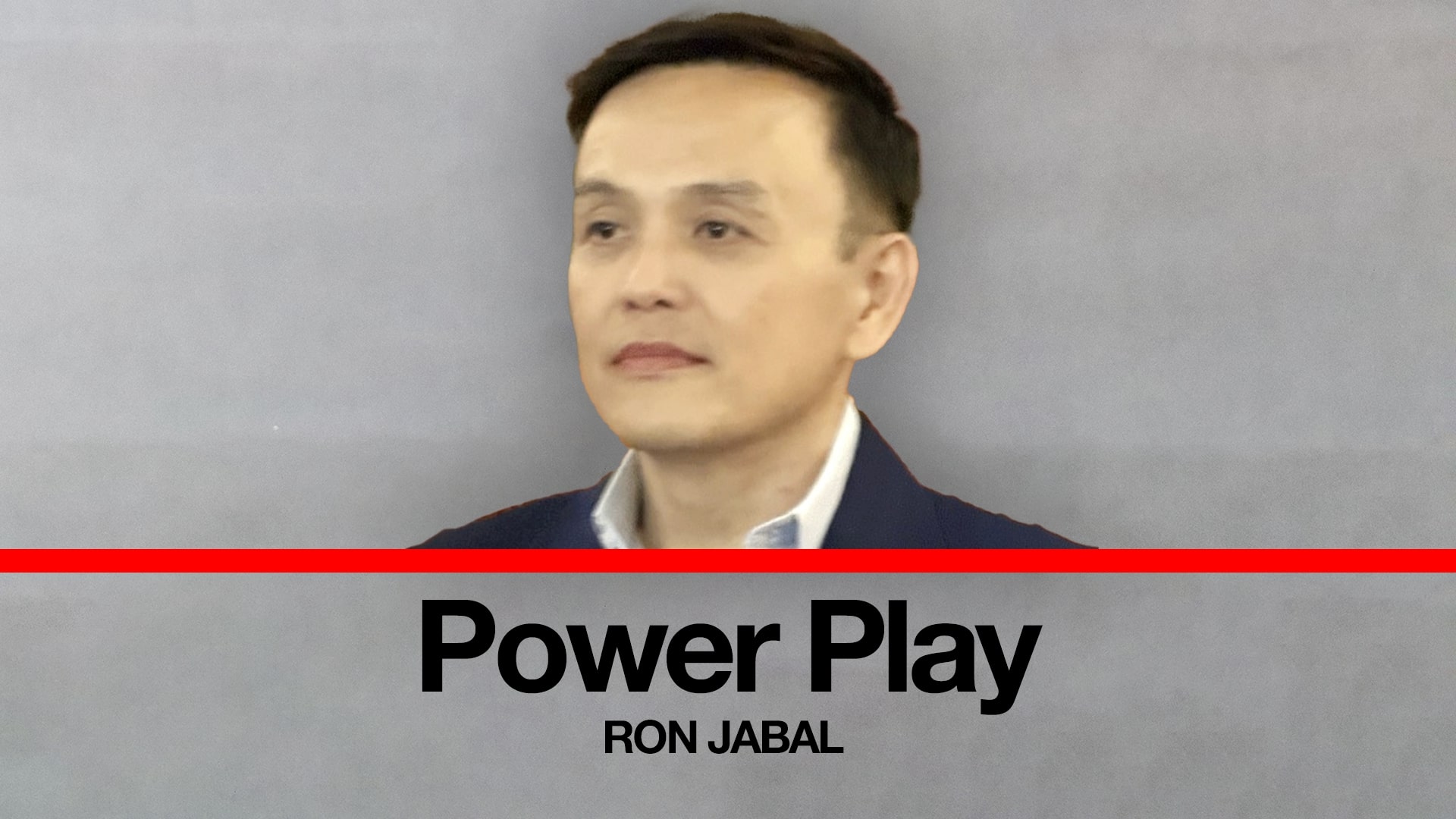The results of the 2025 midterm elections in the Philippines were anything but predictable. Despite the high-profile machinery behind the Marcos administration and the enduring popularity of Vice President Sara Duterte, the electorate delivered a verdict that defied the surveys, the analysts, and perhaps even the candidates themselves.
President Ferdinand Marcos Jr. may have secured wins for some allies, but the anticipated full sweep was nowhere in sight. Several administration-backed senatorial bets underperformed, and some failed to make the Magic 12 entirely. Vice President Duterte, meanwhile, saw most of her endorsed candidates falter: a stark contrast to the influence once wielded by her father, Rodrigo Duterte. These results may also be a tell-tale sign of the emerging cracks within the Duterte fan base, signaling a potential decline in once-unquestioned political capital of the Dutertes.
The biggest surprises came in the form of comeback victories. Former Senators Bam Aquino and Kiko Pangilinan, both considered outside contenders according to pre-election polling, secured Senate seats with impressive margins. Their wins signal a reawakening of progressive, issue-based politics, and a potential rekindling of voter appetite for competence over charisma.
What happened?
First, the surveys got it wrong. Again. The dramatic divergence between polling numbers and actual results raises uncomfortable questions about the reliability of public opinion instruments in an increasingly fragmented and algorithm-driven information landscape. Social desirability bias, distrust in institutions, and the rise of quiet voters may have rendered traditional survey methodologies obsolete.
Second, the Filipino voter appears to be evolving. The 2025 results suggest a growing resistance to celebrity endorsements, political dynasties, and recycled slogans. This is not to say personality politics is dead. Far from it. But it appears more Filipinos are willing to split their tickets, weigh candidate records, and even revisit older names they had once written off. The resurgence of Aquino and Pangilinan may be less about nostalgia and more about maturity.
Third, the youth vote mattered. Many of those who were first-time voters in 2022 have now become more engaged, informed, and discerning. The same generation accused of apathy may have played a key role in rejecting complacency. Their preferences were not necessarily revolutionary but reflective of a desire for stability with substance.
Finally, this election serves as a quiet referendum on the current administration. While not a total rebuke of President Bongbong Marcos, the outcome suggests restlessness. The slow pace of promised reforms, persistent economic anxiety, and some controversial decisions in governance may have chipped away at the confidence voters once extended. Likewise, the underperformance of Sara Duterte’s candidates signals a personal referendum on her leadership, distinct from her father’s enduring base, and may mark the beginning of a political recalibration within the Duterte bloc.
The lesson is clear: no political capital is permanent. Not even the combined influence of the Marcos and Duterte names could guarantee dominance.
In 2025, the Filipino electorate signaled it is no longer content to be treated as a rubber stamp. It wants results. It wants authenticity. And it is watching.
The script is changing. Whether the country’s leaders choose to read it carefully is a test not just of political skill but of their respect for the democratic story still being written.








